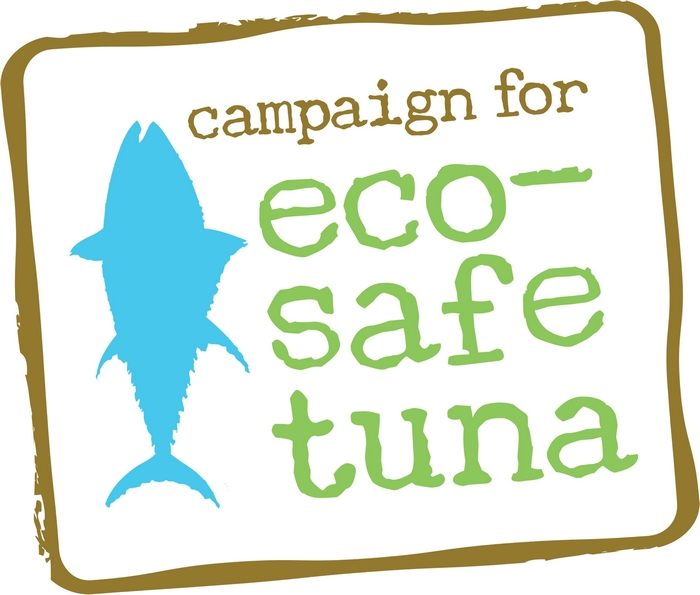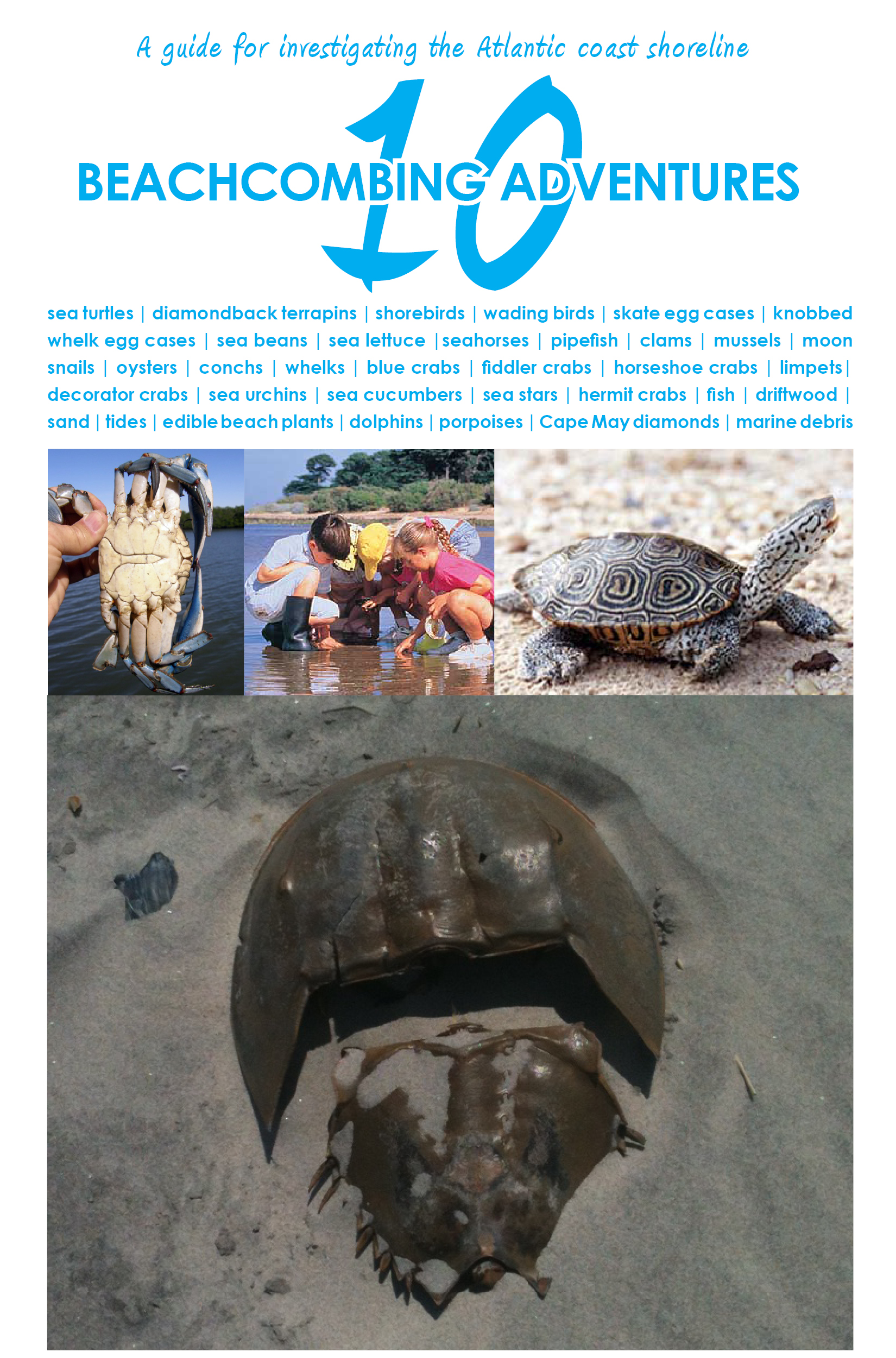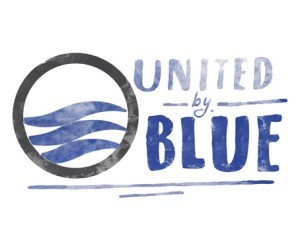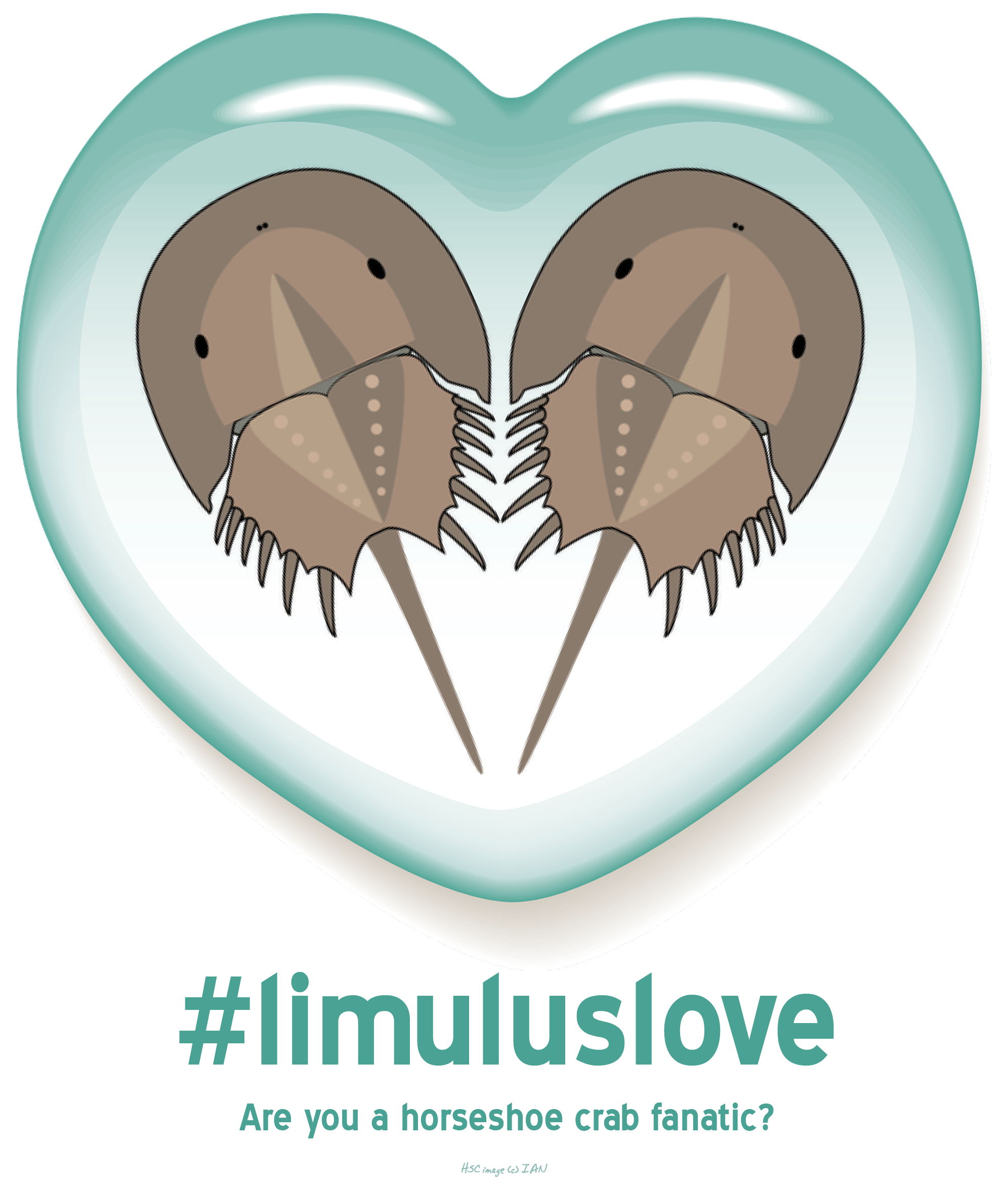“It is the supreme art of the teacher to awaken joy in creative expression and knowledge”.
Albert Einstein (1879 – 1955) German-Swiss-U.S. scientist
“The scientist is not a person who gives the right answers, he’s one who asks the right questions”.
Claude Levi-Strauss (1908 – 2009) French anthropologist and ethnologist
It’s unfortunate, but the last phrase above affected my psyche as a child and young adult. I felt that I should go into science and prove that I could ‘do’. I am glad that I did because I’ve spent a decade doing various levels of field and laboratory work (or more recently overseeing grants of those doing field work and then I get to promote their work). It wasn’t until recently that I’ve began to embrace my desire to teach marine science to the masses. If you’ve been following my blog, Beach Chair Scientist, this can be illustrated – hopefully – in the increased quality of content that I’ve become committed to presenting in the past few months. All the while, I kept coming back to why I didn’t go in this direction in the beginning of my career and remembered that it was because I wanted to be seen as someone who could ‘do’. Boy, is that a regret! I have come to realize that non-formal education and all forms of teaching are ‘doing’ and we should all embrace the significant role of teachers, environmental educators, and science communicators play in our society.
Teachers are often our first connection to the big, expansive, beautiful world. Rejecting teachers, environmental educators, and science communicators because it seems as though they ‘play with kids all day’ or ‘invent games and just make PowerPoint presentations’ is irreverent. We become teachers, environmental educators, and science communicators because there is an inexplicable piece within all of us, not to find the answers or pose a question, but rather see “understanding wash over a child” or adult. Our moment of ‘eureka’ and validation is not when we’ve been published, but is centered on sharing the natural world and illuminating connections that may not have been obvious to others.
It seems as though there is a tension when teachers, environmental educators, and science communicators try to gain access to the science department for new knowledge. I can understand that no one wants to part with their work and have someone treat it as their own. But, I don’t think anyone believes that is the case. The relationship between the scientist and those promoting the data (teachers, environmental educators, and science communicators) should be constantly cultivated and sharing findings should be part of the process. I am glad that there is a new generation of scientists learning to engage the public with the use of social media to share findings and learn from other.
But, dare I say that it seems like pulling teeth when anyone that is trained to deal with the public tries to promote findings and interpret and translate scientific information? There are many wonderful organizations (e.g., COMPASS) dedicated to teaching scientists how to connect their science to the wider world, but connecting with nearby neighbors (i.e., coworkers) is vital and builds upon respect for one another. Teachers, environmental educators, and science communicators should be seen as an extension of the news media. Often we get creative with our translations of scientific findings and the news media will cover the interpretation rather than read an abstract. Teachers, environmental educators, and science communicators are highly trained with working with all different audiences. Furthermore, we’re well versed in techniques to filter, spin, coordinate, and share data appropriately (i.e., infographics or demonstrations in classrooms).
I’d love to hear your thoughts and experiences on the topic. Recently, I posed the question “Is the scientist-educator/communicator relationship one of a) love-hate tension, b) complete mutual respect, c) neither, or d) both a and b?” on Twitter and Facebook. Comments we’re few and far between most leaning towards b and d.
Related posts:







Speak Your Mind